The beauty landscape is evolving rapidly, shaped by the experiences, values and aspirations of today’s consumers. As we look towards 2024, six distinct beauty personas are set to emerge, each with their own unique priorities and product preferences. From the digitally-native Beautyversals to the planet-positive Protopians, these influential cohorts will redefine the industry’s future. As a beauty brand or enthusiast, understanding these personas is key to staying relevant and connected in the coming years. In this article, we’ll explore the defining characteristics, beauty behaviors and engagement strategies for each persona, equipping you with the insights needed to thrive in this dynamic and exciting era of beauty.
Table of Contents
1. The ‘Lazy’ Skinimalists
2. The Beautyversals
3. The Protopians
4. The Factivists
5. The Universals
6. The Neuromantics
The ‘Lazy’ Skinimalists
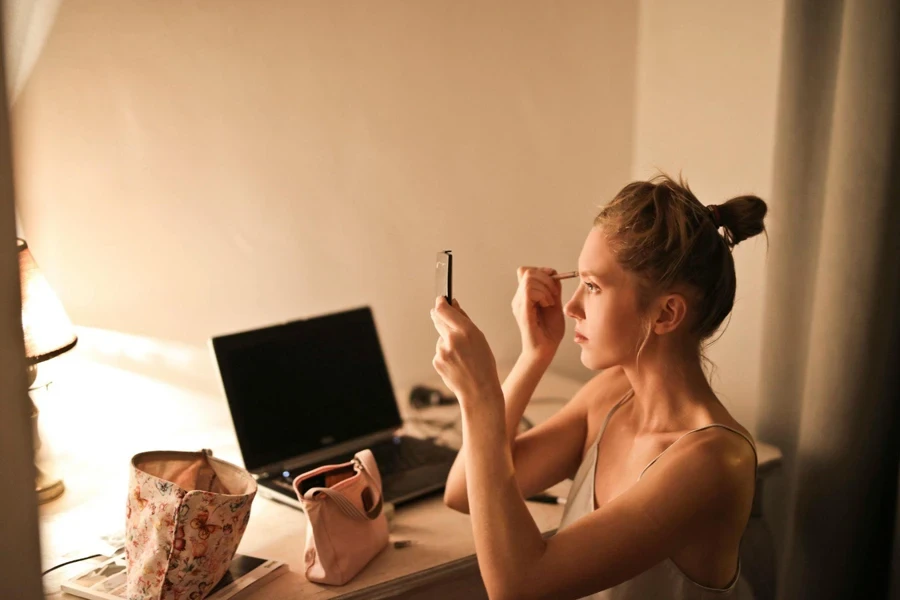
The ‘Lazy’ Skinimalists are pragmatic beauty consumers who prioritize intentional self-care over complex routines and perfect results. They seek out smart, efficient products that save time, money and effort while still delivering on their wellbeing needs. For these savvy shoppers, convenience is key – they gravitate towards portable, multitasking formulas that streamline their beauty regimens without compromising on efficacy.
Engaging the ‘Lazy’ Skinimalists requires a focus on simplicity and functionality. They appreciate straightforward, evidence-based marketing that cuts through the clutter and highlights tangible benefits. Products that combine multiple steps into one, such as skincare-infused cosmetics or dual-purpose hair stylers, hold strong appeal for this group. Brands can also win them over by incorporating mindful moments into the beauty experience, such as soothing scents or calming textures that transform quick routines into opportunities for self-care.
When it comes to packaging and formats, the ‘Lazy’ Skinimalists value durability and ease of use. Mess-free applicators, TSA-friendly sizes and sturdy materials that withstand life on-the-go are all essential considerations. Subscription-based replenishment models and auto-delivery options also resonate with this persona’s desire for convenience and consistency.
To build loyalty among the ‘Lazy’ Skinimalists, brands must consistently demonstrate their commitment to simplifying and enhancing the beauty journey. By offering curated edits, personalized recommendations and educational content that helps them make informed choices, companies can position themselves as trusted allies in the pursuit of effortless, effective self-care.
The Beautyversals

The Beautyversals are a new breed of beauty enthusiasts who seamlessly navigate between the physical and digital realms. Born from the rise of the metaverse, this persona embraces a fluid, phygital approach to self-expression and consumption. For them, virtual beauty products hold just as much value and significance as their tangible counterparts, and they expect brands to cater to their needs in both spaces.
The Beautyversals’ aesthetic is heavily influenced by the sleek, hyper-perfected visuals of the digital world. They gravitate towards products that emulate the smooth, flawless finish of their online avatars, such as blurring primers, high-coverage foundations and light-reflective highlighters. Brands that offer virtual try-on experiences, AR filters and digital collectibles alongside physical products are particularly well-positioned to capture this persona’s attention and loyalty.
Beyond products, the Beautyversals seek out immersive, interactive experiences that blend the best of online and offline realms. They are drawn to brands that create engaging virtual spaces for exploration, education and play, such as gamified challenges, live-stream tutorials and shoppable 3D environments. Pop-up installations that bridge the gap between URL and IRL, such as QR code-activated content or AI-powered personalization, also hold strong appeal.
To successfully engage the Beautyversals, brands must embrace a truly omnichannel approach that treats digital and physical touchpoints as equally important. By investing in cutting-edge technologies, nurturing online communities and crafting seamless, cohesive experiences across platforms, beauty companies can forge deep, lasting connections with this influential persona.
The Protopians
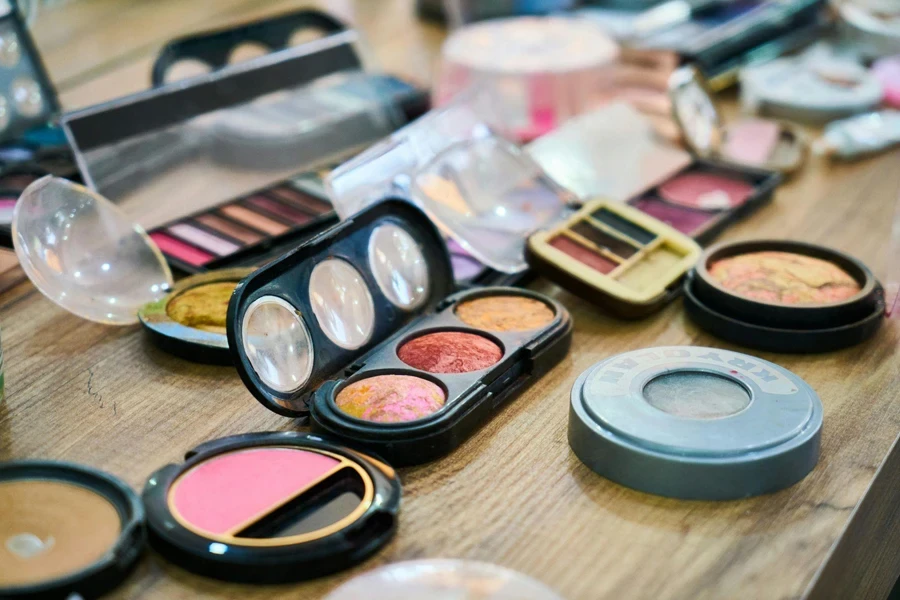
The Protopians are a new generation of beauty consumers who are passionate about driving positive change and building a more sustainable future. For this eco-conscious persona, nature comes before narcissism, and they prioritize products and practices that minimize environmental impact. They seek out brands that share their values and demonstrate a genuine commitment to ethical sourcing, waste reduction and biodiversity preservation.
Transparency and accountability are key to earning the Protopians’ trust. They carefully research a company’s sustainability metrics, certifications and ESG initiatives before making a purchase, and they are willing to pay a premium for brands that go above and beyond in their eco-efforts. Products with thoughtful, minimal packaging, waterless formulas and locally-sourced, organic ingredients hold strong appeal for this group.
The Protopians also value a holistic approach to beauty that honors the interconnectedness of personal and planetary wellbeing. They gravitate towards multifunctional products that streamline their routines and reduce waste, such as 2-in-1 cleansers, multiuse balms and refillable containers. Brands that offer guidance on low-impact beauty habits, like water conservation and recycling, can further strengthen their connection with this persona.
To engage the Protopians, beauty companies must lead with their purpose and make sustainability central to their brand narrative. Collaborating with environmental organizations, supporting conservation projects and amplifying the voices of eco-advocates are all powerful ways to demonstrate alignment with this persona’s values. By prioritizing the planet at every touchpoint, brands can cultivate a loyal following among these influential change-makers.
The Factivists
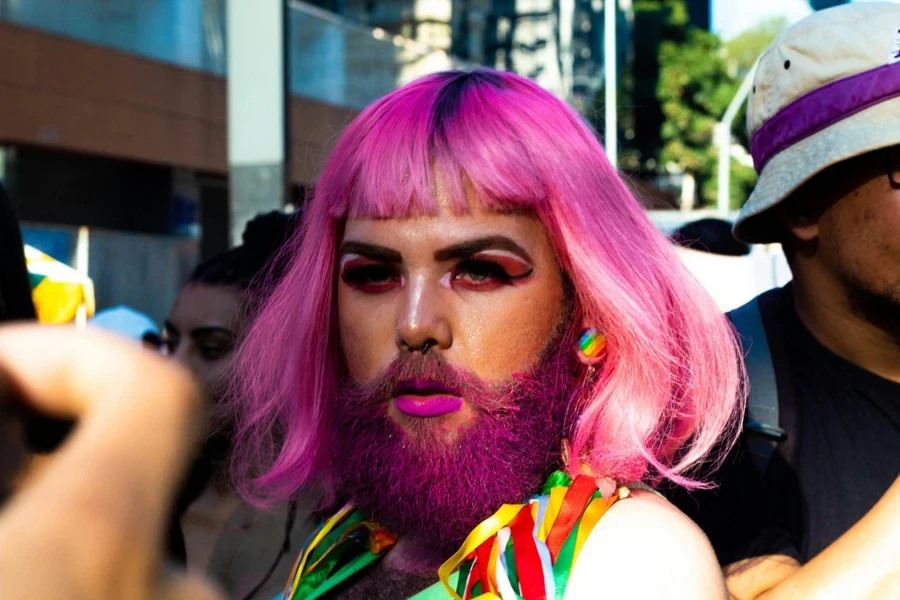
The Factivists are a community-oriented persona who believe that beauty has the power to drive social change and promote collective wellbeing. They are passionate advocates for inclusivity, diversity and representation, and they expect brands to actively challenge industry norms and biases. For the Factivists, beauty is not just about individual expression, but also about uplifting marginalized voices and creating a more equitable world.
Inclusivity is a non-negotiable for this persona, and they seek out brands that go beyond surface-level diversity efforts. They want to see a wide range of skin tones, ages, abilities and gender identities reflected in product offerings and marketing campaigns. Brands that collaborate with underrepresented communities, feature diverse talent both in front of and behind the camera, and invest in initiatives that support minority-owned businesses are more likely to earn the Factivists’ loyalty.
The Factivists also value brands that prioritize science, efficacy and ingredient transparency. They are drawn to products that deliver tangible results and are backed by clinical studies, expert endorsements and user testimonials. Clean, bioactive formulas that enhance skin health and overall wellbeing hold strong appeal for this group, as do brands that educate consumers about the science behind their products.
To engage the Factivists, beauty companies must demonstrate a genuine commitment to social responsibility and community empowerment. This can involve partnering with nonprofit organizations, amplifying the work of activists and thought leaders, and using their platform to raise awareness about important issues. By leveraging their influence to drive meaningful change and foster a more inclusive beauty landscape, brands can build deep, lasting connections with this purpose-driven persona.
The Universals
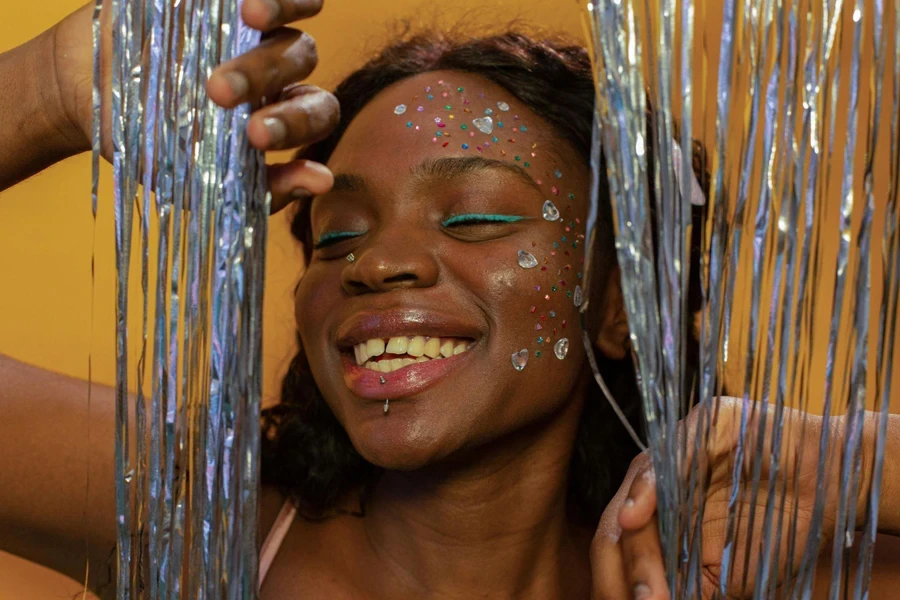
The Universals are a forward-thinking persona who believe that beauty should be accessible, inclusive and celebrating of all individuals. They reject narrow, exclusionary definitions of attractiveness and instead embrace a wide range of appearances, identities and experiences. For the Universals, the industry’s future lies in creating products and spaces that welcome everyone, regardless of age, size, ability or background.
Representation and accessibility are key priorities for this persona. They seek out brands that offer expansive shade ranges, adaptive packaging and inclusive marketing that reflects the diversity of real people. Gender-neutral products, flexible formulas that cater to multiple skin types and concerns, and affordable price points are all important considerations for the Universals.
This persona also values authenticity and self-acceptance over unattainable ideals. They gravitate towards brands that showcase real, unretouched skin and celebrate unique features rather than hiding or correcting them. Products that enhance natural beauty, such as sheer, buildable formulas and multipurpose balms, hold strong appeal for the Universals, as do campaigns that promote body positivity and challenge ageist or ableist norms.
To engage the Universals, beauty companies must commit to creating a truly inclusive and accessible customer experience. This involves implementing universal design principles, offering comprehensive product information and resources, and actively seeking feedback from diverse communities. By consistently demonstrating that everyone is valued and respected, brands can foster a deep sense of belonging and loyalty among this persona.
The Neuromantics
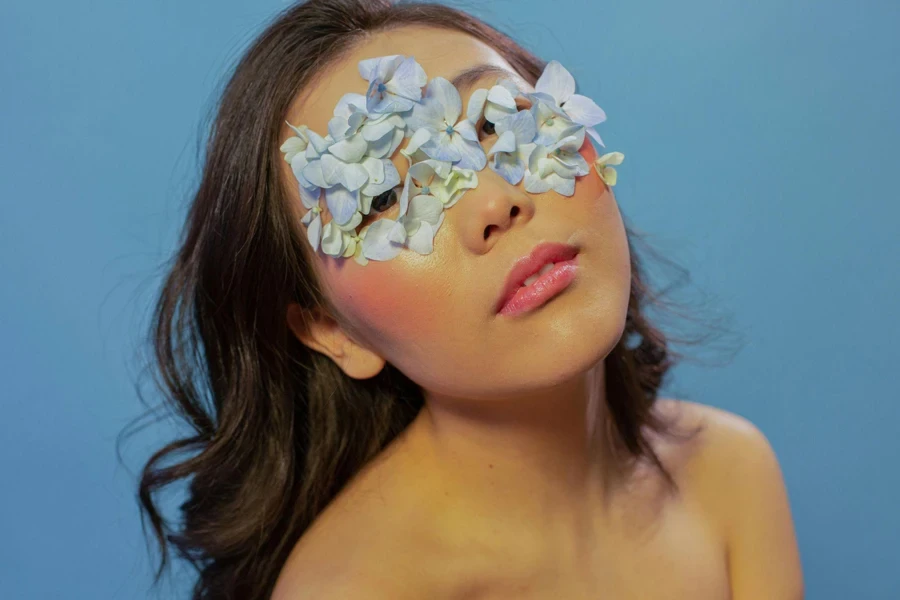
The Neuromantics are a cerebral, imaginative persona who find beauty in the unexpected and the avant-garde. They are drawn to brands and products that blend art, science and nature in innovative, thought-provoking ways. For the Neuromantics, beauty is not just about aesthetics, but also about intellectual stimulation and emotional resonance.
This persona gravitates towards unconventional textures, unique ingredients and multi-sensory experiences that challenge traditional notions of beauty. They are intrigued by products that borrow from other disciplines, such as art-inspired color palettes, music-infused formulas and tech-enabled devices. Brands that collaborate with visionary designers, scientists and thinkers to push the boundaries of what’s possible hold strong appeal for the Neuromantics.
Storytelling and world-building are also important to this persona. They seek out brands with rich, immersive narratives that transport them to other realms and spark their imagination. Products with whimsical packaging, fantasy-inspired names and elaborate backstories are particularly compelling for the Neuromantics, as are interactive elements like hidden compartments, puzzle-like components and AR-enabled labels.
To engage the Neuromantics, beauty companies must prioritize creativity, experimentation and intellectual curiosity. This can involve partnering with avant-garde artists and innovators, hosting immersive pop-up experiences, and creating content that explores the deeper meanings and contexts behind products. By consistently surprising and delighting this persona with unexpected ideas and executions, brands can cultivate a devoted following of imaginative beauty enthusiasts.
Conclusion
As the beauty landscape continues to evolve, understanding and catering to these emerging personas will be crucial for brands looking to stay relevant and resonant. By embracing the unique values, preferences and behaviors of each group – from the eco-conscious Protopians to the imaginative Neuromantics – companies can craft products, experiences and narratives that truly connect on a deeper level. The key is to approach these personas with empathy, authenticity and a genuine commitment to their wellbeing and aspirations. With this mindset, beauty brands can not only adapt to the changing market, but also play a meaningful role in shaping its future.




